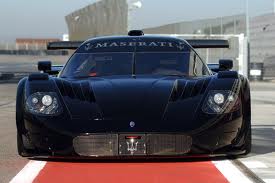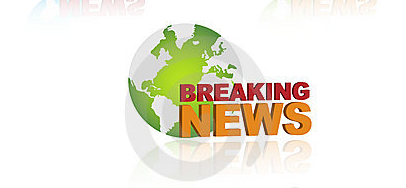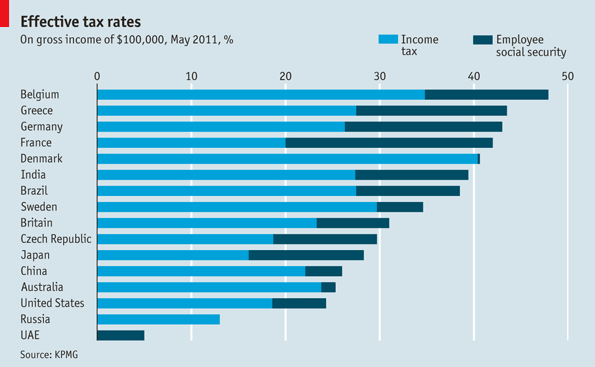The government will more than doubled the IPI (Tax on Industrialized Products) for domestic and imported vehicles that do not meet requirements such as investments in technology and a percentage of 65% domestic produced materials.
Because of a common automotive regime between Brazil and Argentina, automakers operating in the neighboring country and sold to the Brazilian market will also be affected. The announcement was made Thursday by the Ministers Guido Mantega (Finance), Fernando Pimentel (Development) and Mercadante (Science and Technology).
According to Mantega, the measure can leave cars 25% to 28% more expensive than today. The government says the measure will impact on car prices by up to two months.

This Maserati will be around 30% more expensive after the new implementation of the higher taxes on imports
Currently, the tax rates of the cars produced in Brazil range from 7% to 25% depending on the model and power the car. The new rate will increase by 30 percentage points, from 37% to 55% depending on engine capacity. For cars up to 1,000 cc, the IPI will rise from 7% to 37%. For vehicles from 1000 to 2000 cc, the rate, currently between 11% and 13%, will rise to 41% to 43%. In addition to passenger cars, the measure will include the manufacture of tractors, buses, trucks and light commercial vehicles.
NATIONAL PRODUCTION
To maintain the current rate and avoid the increase, automakers must prove they aare manufacturing cars with a least 65% domestic produced materials and that they have centers of technological development in Brazil. In 60 days, the Ministry of Development, Industry and Foreign Trade will check the qualifications of companies that meet the requirements and will not have tax increase. In addition, companies will have 15 months to maintain or expand their investments in technology.
The measurement will be in effect until December 2012 and is part of the plan to stimulate the industry ‘Brasil Maior’, announced last month by President Rousseff.
COMPETITIVENESS
The objective of the measure is to foster competitiveness in Brazil, and make the vehicles manufactured in the country have more local content. The government hopes thereby to stimulate production in the country one of the ways to generate more employment in the country. “It’s a complementary program of “Brazil Maior” to compete more solid with the import cars by means of stimuli for the Brazilian industry, one that produces vehicles in Brazil and Argentina,” said Mantega.
“It has happened that the market is depleted, the crisis has reduced consumption. There is excess capacity and a greater competition for markets. Brazil has maintained high sales, re-established after the 2008 crisis of production and consumption. But there is an appropriation that by international manufacturers, “he said.
The minister said the goal is to prevent the export of manufacturing jobs. “We run the risk of being exporting jobs to other countries. We were concerned with the increase of vehicles in stock. Industry is innovation, creates jobs and the market should be enjoyed by the domestic industry,” said Mantega.








